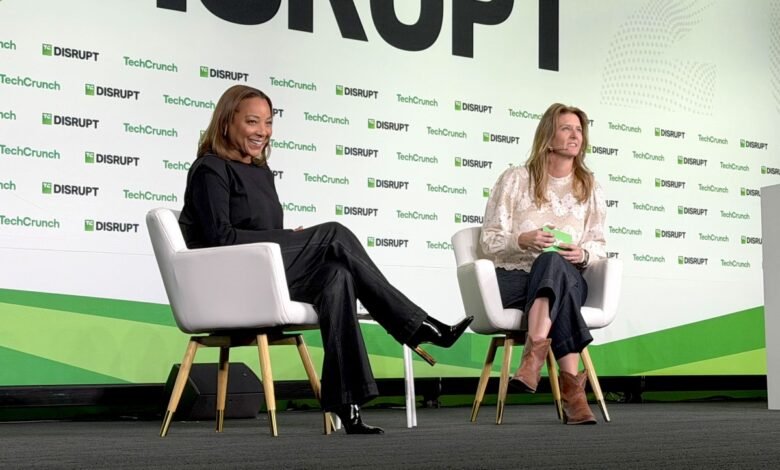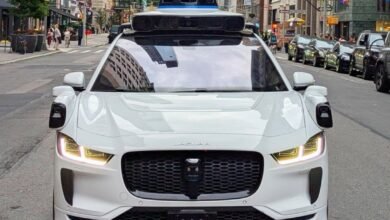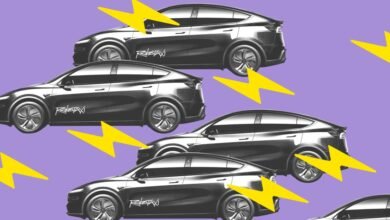Waymo Co-CEO Demands Robotaxi Companies Prove Safety

▼ Summary
– Waymo’s co-CEO urged other autonomous vehicle companies to provide more transparency about their fleet safety data to prove their technology is safe.
– She emphasized that companies must be transparent about their operations if they remove drivers from vehicles and have remote observers monitoring fleets.
– Waymo released data claiming its vehicles are five times safer than human drivers and 12 times safer regarding pedestrians.
– Tesla publishes limited safety reports on its Autopilot system but has not shared data on its robotaxi pilot program in Austin, Texas.
– Other companies like Zoox, May Mobility, and Pony AI are in early deployment or testing phases, with Aurora publishing a safety framework.
At a recent industry conference, Waymo’s co-CEO Tekedra Mawakana challenged competing autonomous vehicle firms to provide greater transparency regarding the safety performance of their robotaxi fleets. She emphasized that companies deploying driverless vehicles bear a fundamental responsibility to publicly demonstrate their technology’s safety record before claiming they contribute to safer roadways.
When questioned about which companies she believes are actively improving road safety, Mawakana responded candidly, “I don’t know who’s on that list, because they’re not telling us what’s happening with their fleets.” Her comments underscored a significant gap in publicly available safety data across the industry. During the discussion, which heavily focused on balancing rapid expansion with safety commitments, Mawakana highlighted Waymo’s own recently published statistics. According to their analysis, Waymo’s autonomous vehicles demonstrate performance that is five times safer than human drivers and show twelve times greater safety concerning pedestrian interactions.
While Mawakana did not identify any specific competitor, industry observers noted the obvious parallel to Tesla, one of the few American companies actively developing robotaxi technology. Tesla does issue quarterly safety reports, but these documents concentrate exclusively on their Autopilot system, a highway-focused driver assistance feature where accident rates are naturally lower. These reports have recently indicated an increase in crash incidents. Crucially, Tesla has not released any data concerning the safety of its new robotaxi pilot program operating in Austin, Texas.
The broader autonomous vehicle sector remains in various early stages of deployment. Zoox has just initiated a limited rider service in Las Vegas using its custom-built autonomous vehicle. Similarly, other firms including May Mobility and Pony AI are in the initial phases of launching commercial services. Aurora, which concentrates on self-driving trucks, has at least published a detailed framework outlining its safety approach.
Mawakana articulated a clear expectation for corporate accountability, stating, “I think there is a responsibility, if you’re going to put vehicles on the road, and you’re going to remove the driver from behind the wheel, and you’re going to have someone in some other room observing the fleet who can take over their vehicles, it is incumbent upon you to be transparent about what’s happening.” She concluded with a firm position, adding, “And if you are not being transparent, then it is my view that you are not doing what is necessary in order to actually earn the right to make the road safer.”
(Source: TechCrunch)

